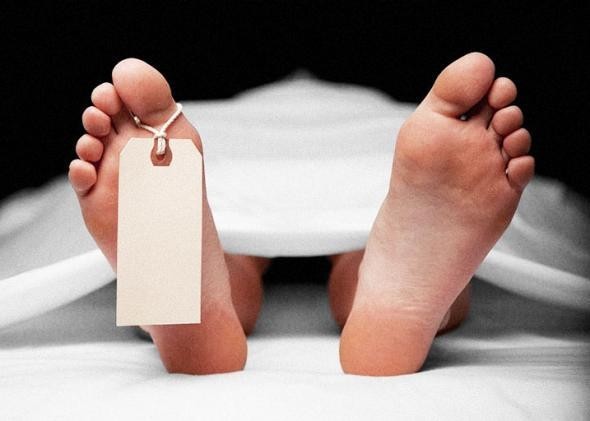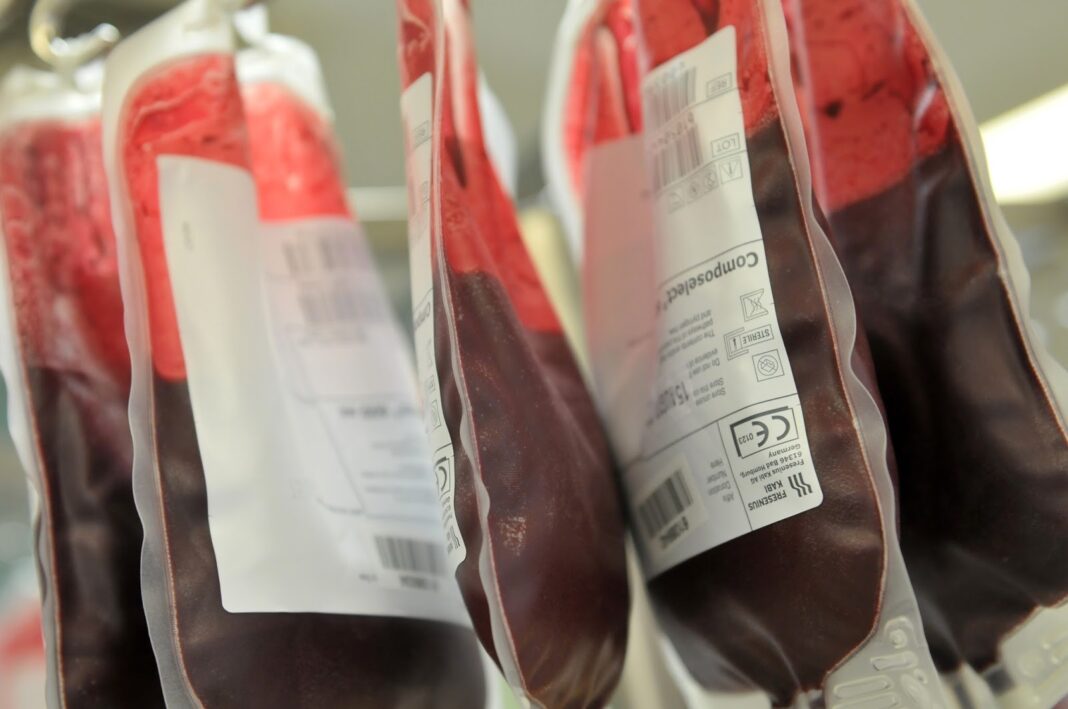Casual sex: Harmless fun or harmful to the soul?

The COVID-19 pandemic has caused lockdowns across the world, cutting off opportunities for socializing with others. While hard data is not readily available, this lockdown likely led to a massive decrease in promiscuity and casual sex. Now that lockdowns are easing, social venues are beginning to reopen and singles are once again starting to mingle. This will undoubtedly increase opportunities for casual sexual encounters.
However, the long period of home confinement will have given many people pause for thought about their lifestyles—including their sex lives. For some, this may have led to a rethinking of sexual priorities, while for others this extended period of involuntary celibacy can not end quickly enough.
Interestingly, the research literature on the mental health consequences of casual sex is inconclusive. For example, one large-scale U.S. study found that young adults partaking in casual sexual encounters had similar levels of psychological well-being to those in committed relationships.
In contrast, other studies indicate that casual sex is associated with worse mental health. For example, another large U.S. study found that people engaging in casual sex reported decreased well-being, self-esteem, and life satisfaction, as well as increased psychological distress and depression symptoms. Interestingly, this study found no difference between men and women, though other research indicates that men are more likely to report that casual sex is a positive emotional experience than women.
To shed further light on these issues, I recently completed a research study that involved in-depth interviews with dozens of men who had engaged in regular casual sex to understand the impact on mental health and emotional well-being. These interviews revealed a complex picture.
To be sure, many men reported hedonistic enjoyment of casual sex. However a large number of men also reported that a promiscuous lifestyle was damaging to their mental health, and many felt better after ceasing such activity, as evidenced in the words of a study participant:
“The reason I stopped essentially is because I met this girl I really liked, and I was really like ‘oh, why am I doing this?’ There’s no purpose and I’m just like draining a part of my soul. Because, each, each girl you meet and have sex with, it’s like if you’re giving her part of your soul. And, at some point it’s like if you broke your soul into like, a lot of fragments and you’re giving it away and you like feel empty because you’re not, you don’t have this special relationship with anyone.”
Interestingly, the concept of the “soul” was used by several other study participants, who similarly stated that causal sex “damaged their soul.” Moreover, some noted that promiscuity could feel almost dangerously addictive, interfering with important functional activities such as employment and education. This is witnessed in the words of another study participant:
“I was totally addicted. It was soul-eating. I discovered I was addicted about 3 or 4 years in, and I realized that my life was taking a drastic turn. I was in school but I wasn’t interested in school anymore. I was heavily into running but I wasn’t interested in a single bit of running. I was just interested in clubs and girls… and I was tired of just focusing on girls and not focusing on my life… I decided to build myself first, that is what I am doing now…”
Another concept that emerged from the study was “emptiness,” with participants reflecting that regular casual sex led to an existential emptiness. Again, this was an unpleasant subjective experience, prompting some men to change their lifestyle, as stated by another participant below:
“I just wanted to f**k as many women as I can, but I could feel like its empty… during one week, I was with 4 or 5 different girls but the next day I felt this emptiness, and I would say each of them take a part of your soul, and make you more empty… because of that I stopped doing that… and I knew this was a mentally healthy thing to do.”
In a free society, it is a fundamental right to enjoy a sexual lifestyle of one’s own choosing (within the limits of the law). As lockdowns continue to abate, more and more people will be looking to rekindle their sex lives: including casual sex, one-night stands, and “friends with benefits.” For some people, this will be harmless fun and an enjoyable recreational activity.
But some research—including results from my own aforementioned study—indicates that a promiscuous lifestyle can be detrimental to mental health. Casual sex can have a damaging dark side and may come at a psychological cost. This should give pause for thought.
Be warned.
Source: psychologytoday.com






